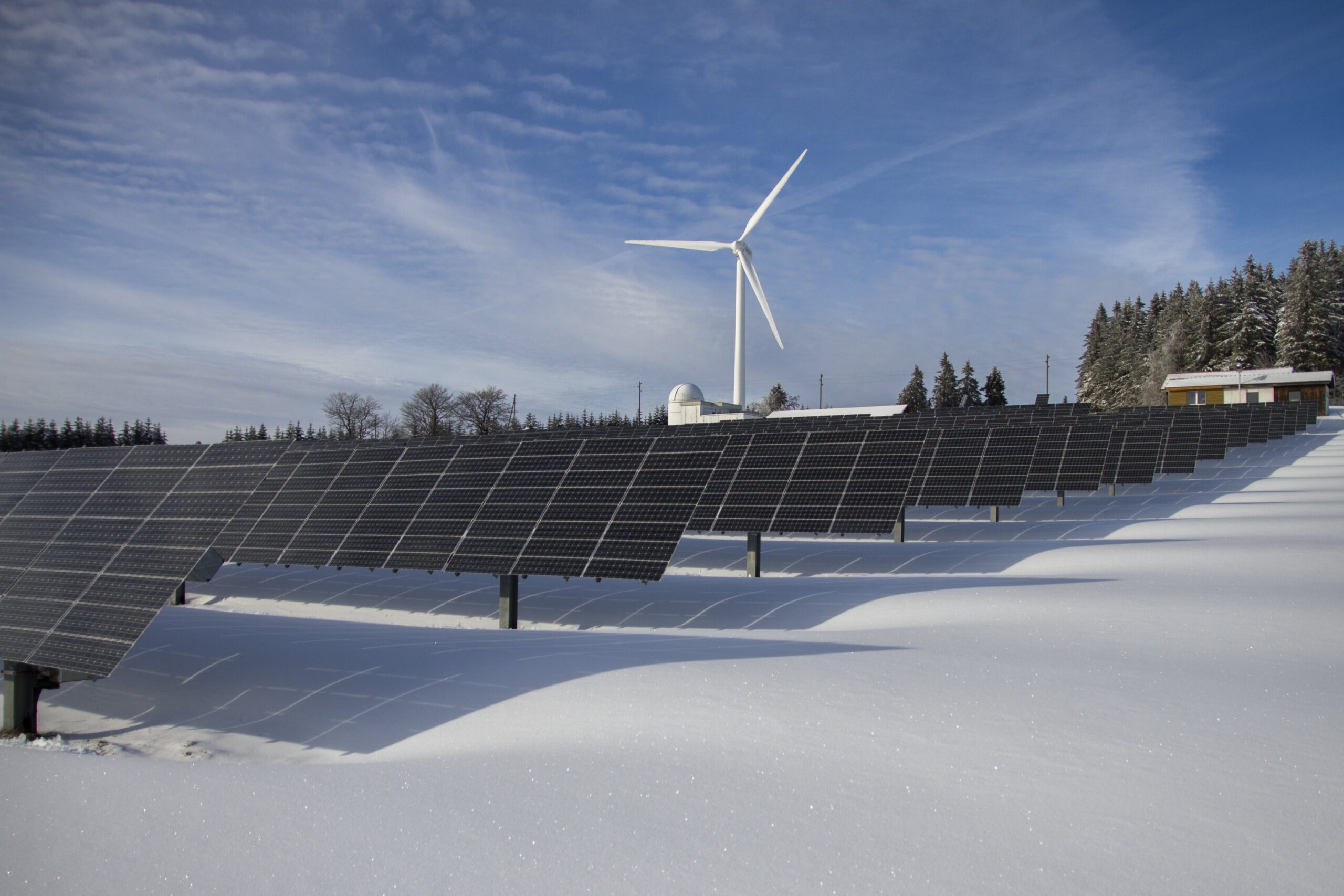Climate Crisis AM Edition 1.11.24

The IEA issued a new report titled “Massive expansion of renewable power opens door to achieving global tripling goal set at COP28.” It had good news and bad news. The world added 50% to its renewable energy capacity, and in the next five years, the pace should be even faster. IEA Executive Director Fatih Birol, commented, “The new IEA report shows that under current policies and market conditions, global renewable capacity is already on course to increase by two-and-a-half times by 2030. It’s not enough yet to reach the COP28 goal of tripling renewables, but we’re moving closer – and governments have the tools needed to close the gap.” However, the drawback is money. The IEA worries that financing for these projects may be too slow to reach its forecasts.
Bad news for climate change: Americans love gas guzzlers.
Snowy weather may be disappearing. Blame global warming. Published in Nature, a paper titled “Evidence of human influence on Northern Hemisphere snow loss” looked at the trend. The Northern Hemisphere’s snow levels, as measured in March between 2008 and 2020, dropped sharply. The researchers showed evidence the cause was global warming caused by humans. They also said the situation will get worse.
The threat to ships near the Suez Canal has worsened, which means fewer ships are likely to use the route that runs through the canal. Instead, they will take additional weeks to go a route that takes them to the Cape of Good Hope. According to the FT, “An oil tanker linked to dispute between Iran and the US has been seized off the coast of Oman, in a raid UK maritime authorities said was carried out by individuals in black military-style uniforms.” The US military may still intervene to protect these ships, which could set off international friction.
Israel’s attacks in Gaza could have negative effects on climate change. According to The Guardian, “The planet-warming emissions generated during the first two months of the war in Gaza were greater than the annual carbon footprint of more than 20 of the world’s most climate-vulnerable nations, new research reveals.”
More from ClimateCrisis 247
- Global Deal On Plastic Pollution Falls Apart
- Lies About Climate Disaster Could Be Blocked By AI
- Only One Nation In The World Can Feed Itself
- Melting Glaciers Could Drive Volcanos






